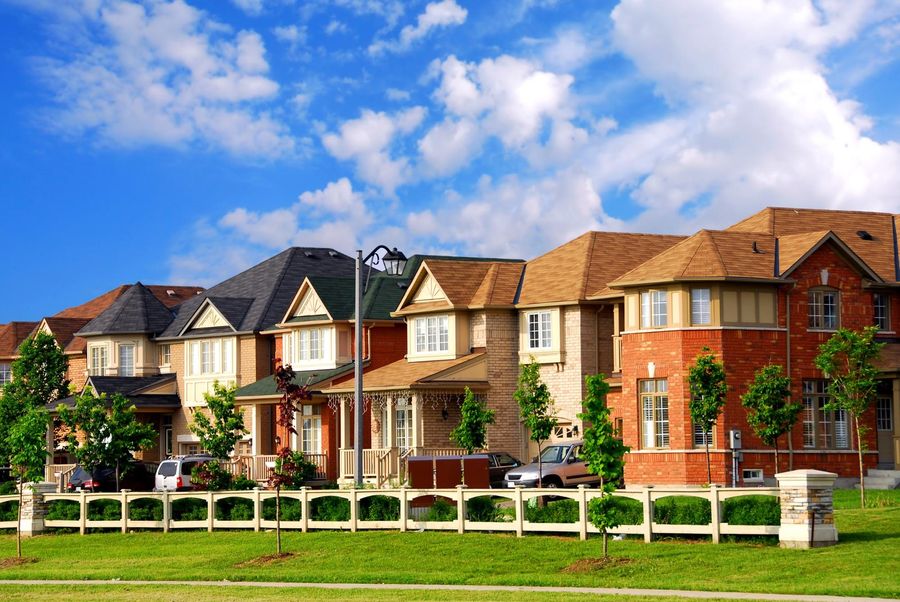
Fixed-rate mortgage rates are rising, but don’t be fooled into believing that this halcyon low interest rate environment is ending, because it isn’t.
“Firstly, it doesn’t affect anybody with an existing fixed-rate mortgage; it’s only for new mortgages—and not variable-rate mortgages—but it’s only gone up a quarter point, which equals $12 for every $100,000 of mortgage money,” Dustan Woodhouse, president of Mortgage Architects, told CREW. “This is also well below the stress test threshold, so there’s no change to the mortgage money Canadians qualify for. It only affects new homebuyers about to take five-year fixed mortgages and it only affects them to the tune of $12 extra per $100,000 a month.”
The bond yield has risen, but marginally so, and to negligible consequence, added Woodhouse. However, while higher interest rates shouldn’t worry homebuyers, the slight increase for fixed-term mortgages could compel more people to take the plunge in search of their dream home and, through a function of higher demand, drive prices up that way.
“What happens when the price of something that’s already scarce goes up? People hurry and buy more—they buy faster and sooner,” said Woodhouse. “A little bit of a rate hike will do the opposite of what some expect: it will push the market harder and another quarter-point rate hike will put more heat under the market because people worry about rates rising and that they will, therefore, miss out. A quarter-point or two, or three, rate hike will only make the market crazier and not slow it down at all.”
Consumer behaviour isn’t to be underestimated, though. As Woodhouse alluded to, news of a fixed rate increase might inspire a craze of sorts and consumers, driven by fear of being priced out of the market, could become even more active in Canada’s already white-hot real estate market. In tandem with sales vastly outpacing new listings, prices will only increase faster.
But, Daniel Johanis, principal broker of Pekoe Mortgages, recommends taking a deep breath, because while the fixed-rate upsurge could encourage more people to enter the market, their presence will be as marginal as the hike itself, and, additionally, variable-rate mortgages are still preferred.
“The amount that fixed rates have gone up is fairly insignificant, especially in dollars-a-month terms,” he said. “I’ve been fielding calls from people afraid of not locking in now with preapproval, a rate hold, or even buying now because there won’t be enough inventory left out there and that will eventually cost them more when they do find a place.
“Look at the other side of the coin: variable has historically outperformed fixed and you have a lower penalty to go along with more flexibility, especially since life usually happens and people who break mortgages usually don’t expect to. But if you do have to, it’s good to know it won’t cost you as much.” Johanis also stressed the fact that only fixed rates have gone up and that variable rates are static.
“The nice thing is fixed may have gone up, but variable is still prime-minus-100 basis points, so to make the comparison, it used to be closer between the two and now the gap is widening,” said Johanis. “I remind panicked clients that variable is where it was last month. Focus on finding your property and don’t worry about this too much”
for what the market holds in store for the remainder of 2021, Woodhouse is unequivocal that hardly anything out of left field is to be expected.
“I think the whole year will remain very similar to 2020,” he said, “in that unprecedented volumes will continue and we may see a little more movement on the fixed-rate side, but not enough to slow down the amount of mortgage money people qualify for, so it won’t slow the market down from that perspective.”
2021-03-03 14:54:37
Source link


